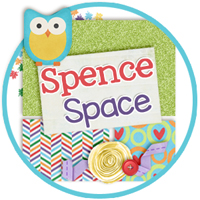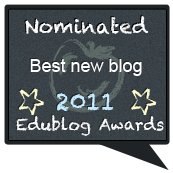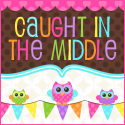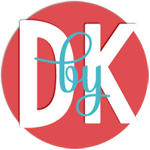In preparing for our upcoming lesson on colonial upheaval before the American Revolution, I was reading through our textbook and their discussion of the Committee of Correspondence. Just like so many revolutions in recent history, the political activism of the colonial period was spread through social networking.
We discussed how grassroots protest and activism almost always spreads this way during the lesson and many students were aware of the role of Twitter, Facebook and other social networking sites in the fostering of political action today. The Patriots, however, communicated between colonies with a network of letters and express riders up and down the east coast. This discussion got my brain juices flowing...
Any of us who spend a decent amount of time on the web have probably seen fake Facebook walls about everything from TV shows to historical events. One that my family and I recently enjoyed was a spoof of an episode of PBS's Downton Abbey. I thought about how the Patriots would have communicated had they access to Facebook, and I also wondered how this could incorporate their fluency with the medium of social networking and their senses of humor and creativity.
I got to my laptop, opened up my Facebook wall and created a Word template with editable text boxes that looked just like a real Facebook page. I have included an image of the template below, but you can also download the document with the link provided.
View and download the template as a Google doc here.
For our purposes, we created these Facebook farces on 11" x 17" and printed them in color to hang in the hallway. The kids showed off their knowledge of the colonial activists by joining them into groups like the Sons of Liberty and inviting them to events like the Stamp Act Congress. They also added some humor in their interactions between figures and "liking" various slogans, pictures and events.
The potential for these types of projects is endless. This template and the idea could be used for characters in literature, any historical figures, or even more abstract concepts, like personifying geometric shapes or elements from the periodic table. Please feel free to share how you have used Facebooking in your lessons!
Wednesday, May 1, 2013
Subscribe to:
Posts (Atom)









